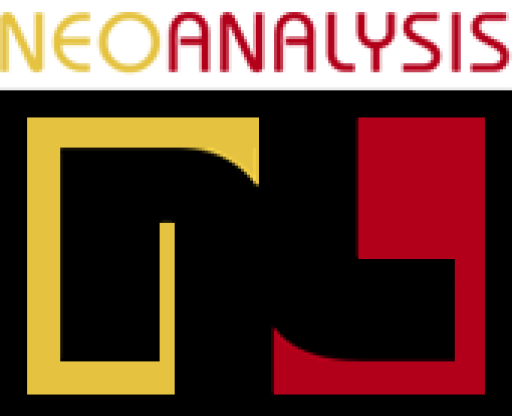ITS 2014
 The Intelligent Tutoring Systems (ITS) 2014 conference is the 12th in an ongoing bi-annual series of top-flight international conferences on the use of advanced computer technologies and interdisciplinary research for enabling, supporting or enhancing human learning. A major direction of the series of ITS conferences is using Artificial Intelligence technologies for adapting systems to learners, modeling those learners, and providing the best-suited learning material based upon both the learner and the context. An important emphasis within the ITS community is on supporting interaction with adaptive systems as well as on the social construction of knowledge.
The Intelligent Tutoring Systems (ITS) 2014 conference is the 12th in an ongoing bi-annual series of top-flight international conferences on the use of advanced computer technologies and interdisciplinary research for enabling, supporting or enhancing human learning. A major direction of the series of ITS conferences is using Artificial Intelligence technologies for adapting systems to learners, modeling those learners, and providing the best-suited learning material based upon both the learner and the context. An important emphasis within the ITS community is on supporting interaction with adaptive systems as well as on the social construction of knowledge.
Reflecting the importance of this interactivity, the theme of the ITS 2014 conference is Creating Fertile Soil for Learning Interactions. Much as the volcanic islands of Hawaii have, over time, developed fertile ground that supports iconic biodiversity, the ITS research community is poised to see decades of rich ITS research come together to produce highly interactive systems that support a broad diversity of learner needs. With an emphasis not only on developing technologies to support learning, but on making fundamental discoveries regarding teaching and learning, ITS 2014 will bring together researchers from computer science, learning sciences, cognitive or educational psychology, sociology, cognitive science, artificial intelligence, machine learning, and linguistics.
Topics of Interest
Topics of interest to the conference include, but are not limited to:
- Intelligent tutoring
- Informal learning environments, learning as a side effect of interactions
- Collaborative and group learning, communities of practice and social networks
- Simulation-based learning and serious games
- Dialogue and discourse during learning interactions
- Co-adaptation between technologies and human learning
- Ubiquitous and mobile learning environments
- Empirical studies of learning with technologies, understanding human learning on the Web
- Adaptive support for learning, models of learners, diagnosis and feedback
- Modeling of motivation, metacognition, and affect aspects of learning
- Recommender systems for learning
- Virtual pedagogical agents and learning companions
- Ontological modeling, semantic web technologies and standards for learning
- Multi-agent and service oriented architectures for learning and tutoring environments
- Educational exploitation of data mining and machine learning techniques
- Instructional design principles or design patterns for educational environments
- Authoring tools and development methodologies for advanced learning technologies
- Domain-specific learning technologies, e.g. language, mathematics, reading, science, medicine, military, and industry
- Non conventional interactions between artificial intelligence and human learning
- Privacy and security in e-learning environments
For more information visit the ITS 2014 website
